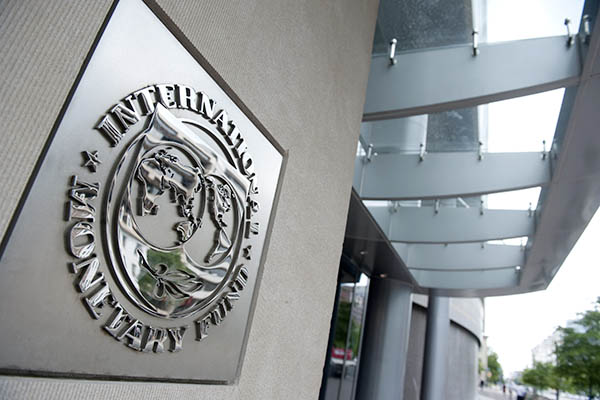
Saul Loeb—AFP
Congress has failed to ratify reforms over concerns they will erode America’s dominant role in Fund.
The emerging economies of the G-24 group sharply criticized the United States on Thursday for holding up what they see as critical reforms of the International Monetary Fund.
Speaking at the spring meetings of the IMF and World Bank, the group said the failure after five years of the U.S. Congress to ratify the reforms was undermining the effectiveness and legitimacy of the global crisis lender. “We reiterate our deep disappointment with the lack of progress in implementing the IMF quota and governance reforms agreed to in 2010 and strongly urge the U.S. to complete ratification,” they said. “This remains an impediment to IMF credibility, legitimacy and effectiveness and has considerably delayed forward-looking commitments,” they added, pointing to a second set of reforms that had been expected this year.
The 2010 reforms, a doubling of IMF funding and a reallocation of voting power to boost China and other up-and-coming economic powers, were originally propelled by Washington, and President Barack Obama’s White House has repeatedly endorsed them. But the U.S. Congress has refused to sign off on the deal, with some legislators not wanting to contribute more money to the IMF and others concerned about any erosion to the dominant U.S. role at the fund.
Criticisms of Washington have steadily grown, and IMF Managing Director Christine Lagarde said Thursday that she understood why other IMF members “are frustrated and impatient to see that reform actually implemented.”
“I am also calling on the United States to actually obtain ratification of that reform so that the institution can continue to be representative of the entire community as it evolves.”
The G-24 endorsed the “Plan B” put forward in recent weeks to split the two facets of the 2010 reforms and put through the quota revision without the need for ratification by the U.S. Congress. The net effect of that reform would be to reduce the voting power of European countries while increasing that of China, India and others.
